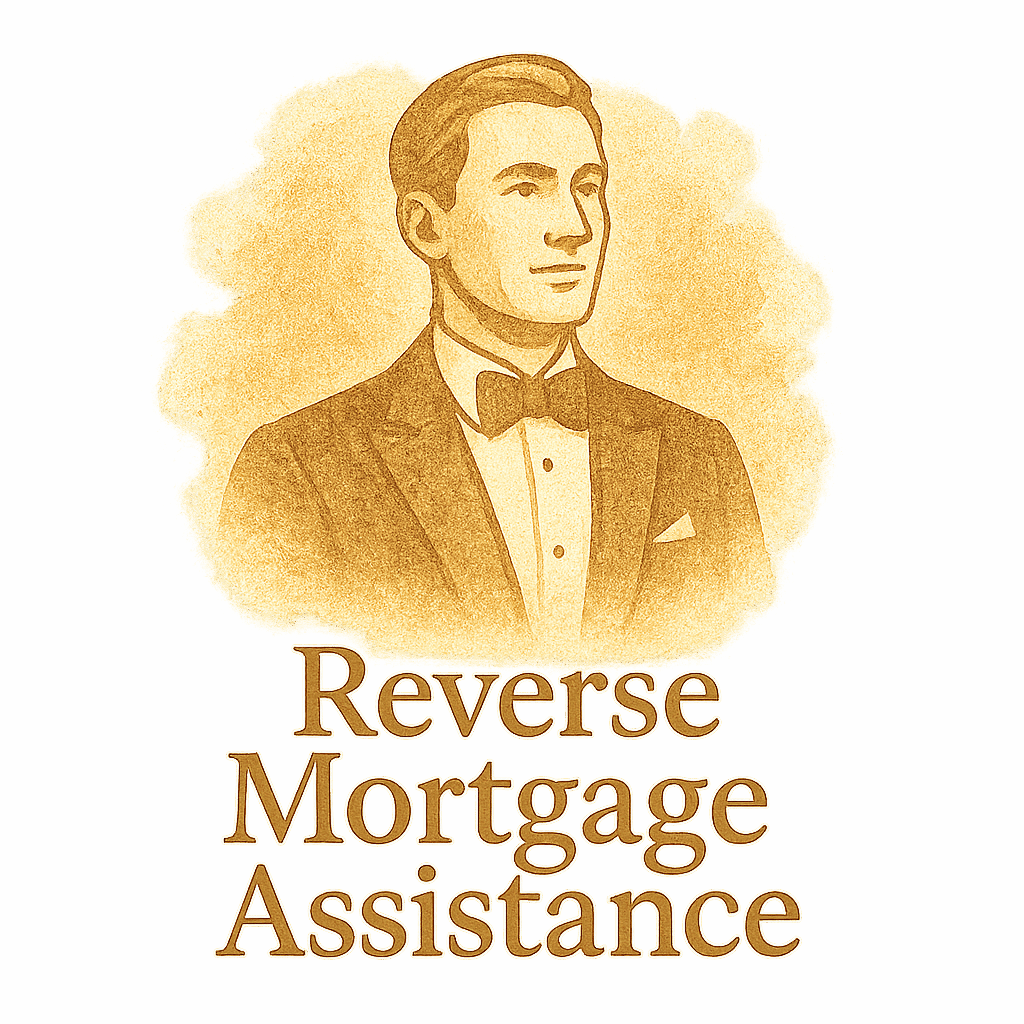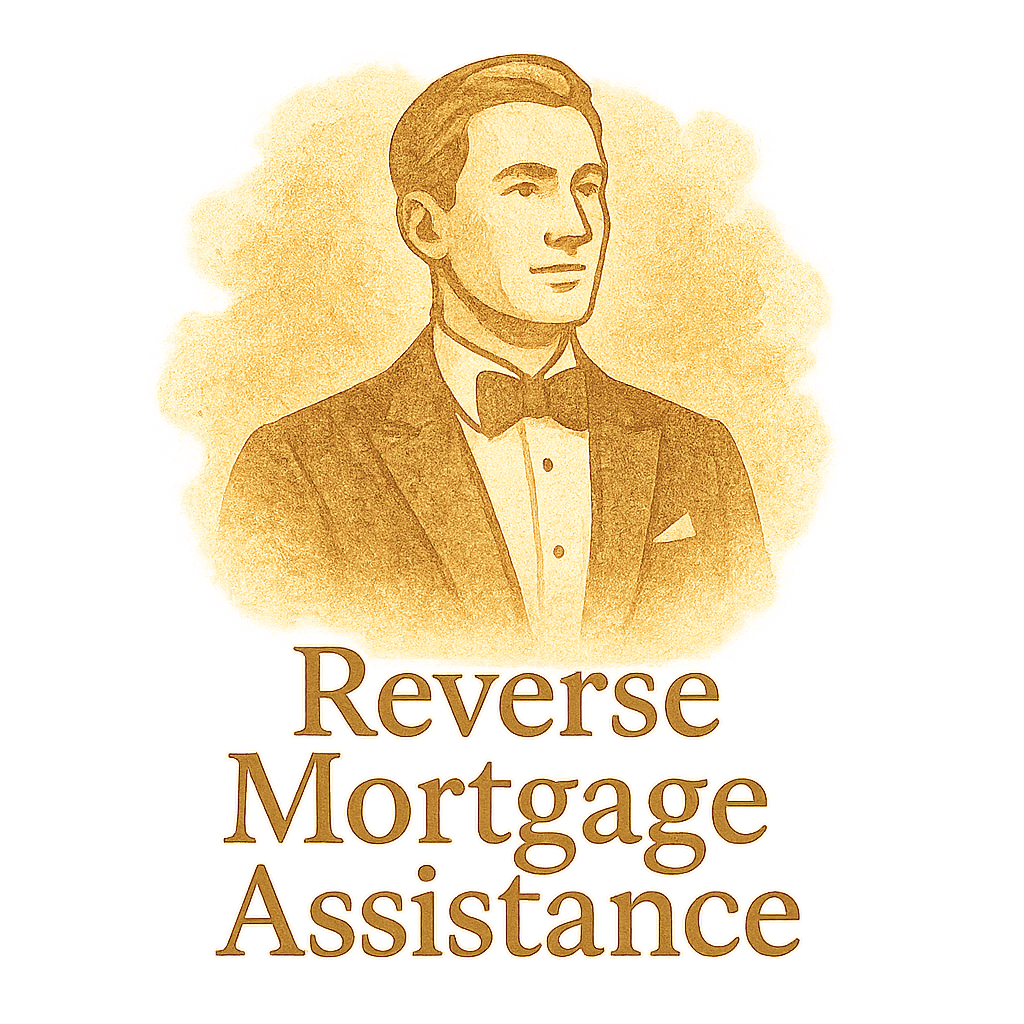Trying to choose between a reverse mortgage and a second mortgage? You’re not alone. Homeowners, especially retirees, often hit a fork in the road when looking to tap into their home’s equity. So today, we’re digging into 10 real-world scenarios where a reverse mortgage comes out on top. Let’s unpack the details, slice through the jargon, and help you make a smart, informed decision.
Understanding Reverse Mortgages vs. Second Mortgages
Before diving into the scenarios, let’s cover the basics.
What is a Reverse Mortgage?
A reverse mortgage is a financial product designed for homeowners aged 62 and up. It allows you to convert part of your home equity into cash—without having to sell or move out. And get this—you don’t even have to make monthly payments.
Want to dive deeper into the nuts and bolts? Check out our full Reverse Mortgage Basics guide.
What is a Second Mortgage?
A second mortgage is a loan you take out using your home as collateral while still paying off your first mortgage. It can come in the form of a lump sum loan or a home equity line of credit (HELOC). But—unlike reverse mortgages—you’ve got to repay it with monthly payments.
Key Differences at a Glance
| Feature | Reverse Mortgage | Second Mortgage |
|---|---|---|
| Age Requirement | 62+ | None |
| Monthly Payments | Not Required | Required |
| Repayment Due | Upon moving/selling | Ongoing monthly payments |
| Risk of Foreclosure | Low (if terms met) | Higher (missed payments) |
Scenario 1: Living on a Fixed Retirement Income
Why Reverse Mortgage Wins
Retirees often face budget constraints. A reverse mortgage supplements your income without adding financial pressure. No monthly repayments mean your Social Security and pensions go further.
Explore more about financial tools for retirees on our Retirement section.
Scenario 2: No Monthly Mortgage Payments Preferred
Financial Breathing Room for Seniors
Reverse mortgages free you from monthly payments—game changer, right? With second mortgages, you’d have to cough up payments every month. A reverse mortgage? You chill. The balance is repaid when you move, sell, or pass away.
Scenario 3: Aging in Place is a Priority
Turning Equity into Independence
Most seniors want to age at home. With a reverse mortgage, you get to stay put and access cash—without selling. This is perfect for anyone dreaming of aging in place with dignity.
Discover how this ties into Mortgage Planning for your golden years.

Scenario 4: Limited Income but High Equity
Unlocking Dormant Wealth
Have a paid-off house or major equity, but little monthly income? You’re the poster child for a reverse mortgage. Why let all that equity sit there when it could fund your lifestyle?
Explore stories in our Mortgage Case Studies archive to see this in action.
Scenario 5: You Don’t Want to Take on More Debt
No Repayment Until You Move or Sell
Unlike a second mortgage, a reverse mortgage doesn’t add monthly repayment obligations. You’re essentially borrowing from yourself—your home equity—on your terms.
Browse our Loan Comparison section for side-by-side breakdowns.
Scenario 6: Long-Term Financial Planning Tool
Strategic Use of Home Equity
Used right, a reverse mortgage can be a strategic tool—not just emergency cash. Think: delaying Social Security, growing retirement savings, or planning for care.
Explore our section on Mortgage Planning to see how it fits into the bigger picture.
Scenario 7: Avoiding Foreclosure or Debt Default
Reverse Mortgage as a Financial Safety Net
Falling behind on mortgage payments? A reverse mortgage can stop foreclosure in its tracks—because you’re no longer obligated to pay monthly. It’s a powerful shield when times get tough.
Learn more in our Outcomes tag section.
Scenario 8: You Want Flexible Payout Options
Lump Sum, Line of Credit, or Monthly Payments
Reverse mortgages are flexible. Want all your funds at once? Done. Prefer a line of credit or monthly deposits? You got it. Second mortgages? Not so flexible.
Use our Loan Comparison resources to match your needs.
Scenario 9: Supporting Healthcare and In-Home Services
Funding Medical Costs with Home Equity
Healthcare expenses aren’t going down. With a reverse mortgage, you can afford in-home care, medical treatments, or modifications to your home without draining savings.
Explore case-specific examples in our Seniors section.
Scenario 10: Estate Planning and Legacy Control
Reverse Mortgages Don’t Mean Giving Up Everything
You’re not signing away your home. Your heirs can still inherit it—by repaying the loan or selling the home. It’s not the boogeyman some make it out to be.
Still skeptical? Read through Mortgage Myths & Truths to bust the biggest misconceptions.
Common Misconceptions About Reverse Mortgages
Busting the Myths
Let’s clear up some fog:
- You do keep your title.
- Your heirs can keep or sell the home.
- It’s not only for the desperate.
Browse our Reverse Mortgage Myths section to separate fact from fiction.
Legal and Regulatory Insights
What You Need to Know Before Signing
Reverse mortgages are federally insured (HECMs), which means strong protections for you and your heirs. Want more detail? Visit our Legal & Regulatory guide.
We also suggest reading up on:
Conclusion
Choosing between a reverse mortgage and a second mortgage isn’t easy—but it’s clear there are scenarios where a reverse mortgage shines. If you’re a senior with high equity and tight cash flow, or you just want to age comfortably at home without financial stress, a reverse mortgage could be your ideal match.
Use it strategically, not just reactively. Plan ahead, weigh your options, and consult a pro. Don’t leave your future to chance—take control of your home’s equity today.
Visit ReverseMortgageAssistance.com for more resources, planning tools, and expert advice.
FAQs
1. Can I lose my home with a reverse mortgage?
Only if you fail to meet key requirements—like paying taxes, insurance, and maintaining the home. Otherwise, you stay put.
2. Is a reverse mortgage better than a HELOC?
For seniors with limited income, yes. HELOCs require monthly payments—reverse mortgages don’t.
3. What happens when I pass away?
Your heirs can repay the loan and keep the home, or sell it and keep the proceeds above the loan balance.
4. Are reverse mortgage funds taxable?
Nope. It’s a loan, not income. So you won’t owe taxes on it.
5. How does equity affect reverse mortgage eligibility?
More equity = more borrowing power. If your home is nearly paid off, you’re in a strong position.
6. Can I refinance my reverse mortgage?
Yes, under certain conditions. If rates improve or your home’s value goes up, refinancing may be an option.
7. Will my heirs be buried in debt?
No. Reverse mortgages are non-recourse loans. Your heirs won’t owe more than the home’s market value.


